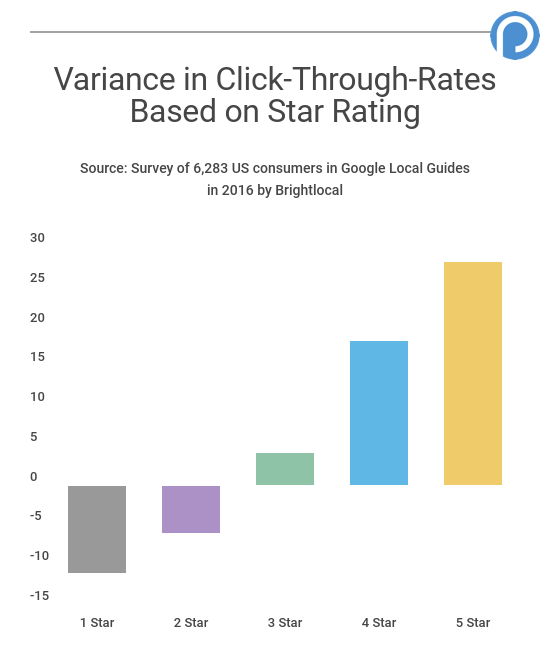- Have any questions?
- [email protected]
How to Monitor, Manage, and Mitigate Online Risks to Your Brand

A/B TESTING WORKFLOW
October 31, 2023
A/B Testing and Marketing Automation
November 1, 2023Reputation Resilience
In today’s digital landscape, a brand’s online reputation is more vulnerable than ever to various risks, such as negative reviews, defamatory content, and social media backlash. To protect and maintain a strong online reputation, businesses need to be proactive in monitoring, managing, and mitigating these risks. In this article, we will discuss strategies for developing reputation resilience, empowering businesses to safeguard their brand’s image and thrive in an increasingly interconnected world.
The Importance of Reputation Resilience
Protecting brand value and credibility
A strong and positive online reputation is essential for building trust with consumers, attracting new customers, and retaining existing ones. By proactively monitoring, managing, and mitigating risks to your brand, you can protect its value, credibility, and reputation, ensuring long-term success in a competitive digital landscape.
Minimizing negative impacts
When potential threats to your online reputation are identified and addressed promptly, you can minimize their negative impact and prevent them from escalating into full-blown crises. Reputation resilience allows businesses to quickly bounce back from setbacks and maintain their position as industry leaders.
Strategies for Monitoring, Managing, and Mitigating Online Risks
Monitor your online presence
Regularly monitoring your brand’s online presence across various platforms, including social media channels, review websites, and forums, is crucial for identifying potential threats to your reputation. Utilize tools such as Google Alerts, social media monitoring tools, and review management platforms to stay informed of any negative feedback or potential issues.
Develop and implement a comprehensive ORM strategy
A comprehensive online reputation management (ORM) strategy should include monitoring your online presence, engaging with your audience, creating and sharing valuable content, and continuously evaluating and improving your ORM efforts. By implementing a proactive ORM strategy, you can stay ahead of potential threats and safeguard your brand’s reputation.
Respond to feedback promptly and professionally
When negative feedback or potential risks are identified, respond promptly and professionally. Address the situation head-on, acknowledge any mistakes or shortcomings, and outline the steps you are taking to rectify the issue. A sincere and transparent response can help rebuild trust with your audience and demonstrate your commitment to improvement.
Foster a positive company culture
A positive company culture can help minimize the risk of internal issues leading to negative publicity. Encourage open communication, support employee development, and promote a culture of accountability and transparency. By fostering a positive work environment, you can reduce the likelihood of employee-related reputation risks.
Invest in cybersecurity
In an age of increasing cyber threats, protecting your business’s digital assets is crucial for maintaining a strong online reputation. Invest in robust cybersecurity measures to prevent data breaches, hacking attempts, and other digital risks that could damage your brand’s reputation.
Collaborate with legal and PR experts
In cases where legal action or a public relations campaign may be necessary to protect your brand’s reputation, collaborate with legal and PR experts. Their guidance and expertise can help you navigate complex situations and mitigate potential damage to your online reputation.
Conclusion
Reputation resilience is essential for businesses in today’s digital world, as it enables them to protect their brand’s value, credibility, and reputation. By monitoring your online presence, developing a comprehensive ORM strategy, responding to feedback promptly and professionally, fostering a positive company culture, investing in cybersecurity, and collaborating with legal and PR experts, businesses can effectively manage and mitigate online risks. By implementing these strategies, businesses can ensure their brand remains strong, resilient, and well-regarded in the ever-evolving digital landscape.


